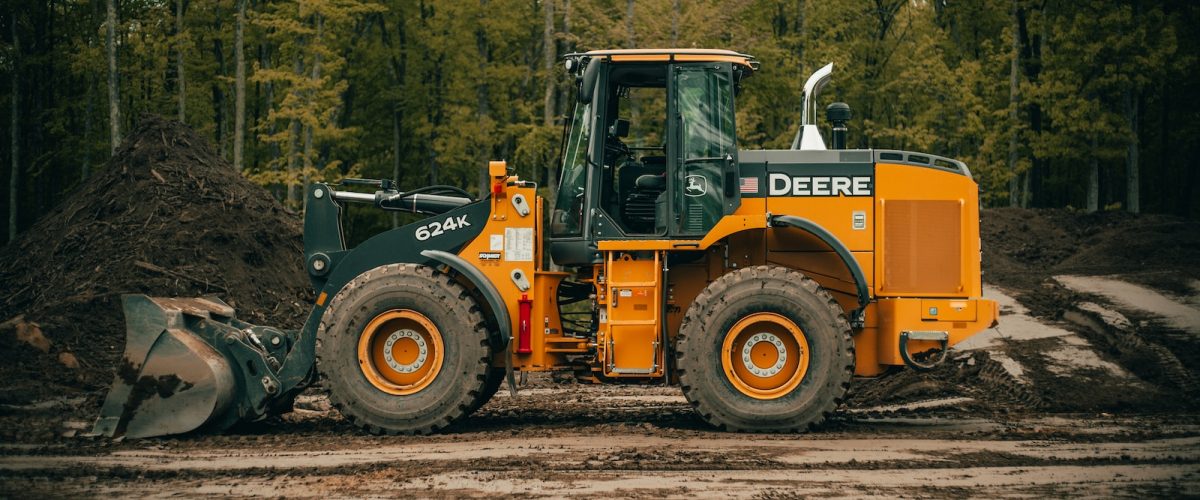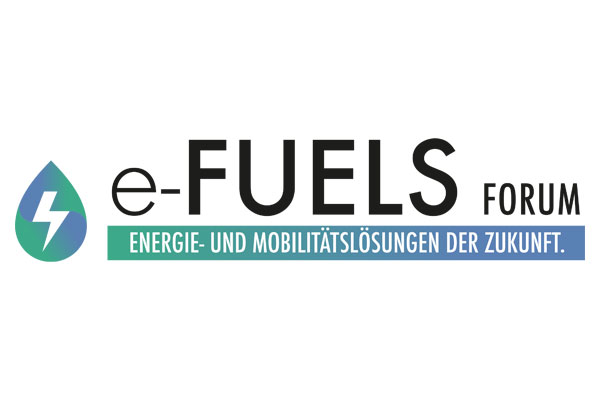eFuels in the construction industry -
what advantages do synthetic fuels offer?
The most frequently asked questions – answered by the eFuels Forum:
- What is eFuel?
- Why are eFuels so important for the construction industry?
- How are eFuels produced?
- Can you put synthetic fuels in any engine?
- When does Germany want to be CO2 neutral?
- What does a liter of synthetic diesel cost?
- When will eFuels hit the market?
- What is the argument against full electrification of the vehicle fleet and construction machinery?
- Can eFuels be stored without any problems?
- Buy eFuels: Where to get eFuels?
Always stay up to date with eFuels?

What is eFuel?
eFuels, also known as power-to-liquid fuels, are synthetic fuels produced using electricity from renewable sources . These fuels are often seen as an alternative to fossil fuels and can help reduce carbon emissions across the transportation sector – and therefore the construction industry.
Consistency: Synthetic fuels are similar in composition and properties to fossil fuels such as gasoline or diesel, but when they burn they only release the CO2 that was taken from the ambient air during their production. eFuels are therefore CO2-neutral.
Why are eFuels so important for the construction industry?
The construction industry is also committed to the Paris Agreement on climate change. Yet according to a recent McKinsey study, the construction industry is still one of the world’s largest emitters of carbon emissions – despite significant progress in reducing its carbon footprint over the past decade. As the 2030 deadline for the Sustainable Development Goals (SDGs) approaches, pressure is mounting on the industry to become even more sustainable. Innovative technologies such as synthetic fuels are therefore in demand as never before, as they can significantly accelerate decarbonization in the construction equipment and fleet sector.
eFuels production: How are eFuels produced?
eFuels are produced by converting electricity from renewable sources into synthetic liquid or gaseous fuels. The process for producing eFuels involves several steps:
- Electrolysis: First, renewable energy such as wind or solar power is used to electrolyze water to produce hydrogen (H2). This step requires electrolyzers, which break water down into its component parts Split hydrogen and oxygen.
- CO2 capture: If the goal is to reduce carbon emissions, carbon dioxide (CO2) can be captured from the atmosphere or from industrial processes.
- Synthesis: The hydrogen and carbon dioxide produced are then converted into synthetic hydrocarbons in a chemical reaction. This reaction can be achieved by various processes such as Fischer-Tropsch synthesis, methanol synthesis or other technologies.
- Refining: The synthetic hydrocarbons can then be refined to produce the desired eFuel type. Depending on the intended use, these can be gasoline, diesel, kerosene or other liquid or gaseous fuels.
Refueling eFuels: Can synthetic fuels be refueled in any engine?
In short: Yes. In principle, synthetic fuels can be used in all engines designed to run on conventional fossil fuels.
The reason for this is their physical and chemical properties, which are similar to those of fossil fuels. This means that they can be used in most cars, trucks, buses, airplanes and ships that run on gasoline, diesel or kerosene.
But eFuels are also perfectly suited for engines in the construction industry – for example:
- Diesel engines (agricultural machinery, construction machinery and commercial vehicles)
- Diesel hybrid systems (excavators and wheel loaders)
- Diesel electric drives (compressors)
When does Germany want to be CO2 neutral?
With the amendment of the Climate Protection Act 2019, the federal government has tightened climate protection targets and anchored the goal of greenhouse gas neutrality by 2045. By 2030 , emissions are already to be reduced by 65 percent compared with 1990.
This GHG emissions reduction target path is set as follows: by at least 65% by 2030, by at least 88% by 2040, and by 2045 achieving net GHG neutrality. After 2050, only negative greenhouse gas emissions areto be achieved.
eFuels costs: What does a liter of synthetic diesel cost?
Currently, steadily growing quantities of eFuels are being produced in various test facilities and laboratories. The price of producing larger quantities would still be significantly higher than that of fossil fuels today. However, various studies see production costs at around 1 euro per liter in the foreseeable future , assuming consistent further development of production technology.
When will eFuels hit the market?
eFuels are already on the market, but are still at an early stage of development. As a result, they are currently still more expensive than conventional fossil fuels. However, there are some pilot projects and initial applications in aviation, shipping , and motorsports using eFuels. Nationwide coverage is planned for the next few years.
What is the argument against full electrification of fleets and construction machinery?
Although electrification can be an important solution for reducing CO2 emissions in the fleet and construction industries, there are still major hurdles that will not be solved anytime soon:
- Cost: Currently, electric vehicles and construction equipment are usually much more expensive than their fossil-fuel counterparts.
- Range: Electric vehicles and construction machinery have a shorter range compared to fossil-fueled vehicles and machinery. This can be a problem for companies that use their vehicles and machines for longer distances or in remote areas.
- Charging infrastructure: Sufficient charging infrastructure is required for the electrification of vehicle fleets and construction machinery.
- Battery and recycling issues: Batteries have limited life and will eventually need to be replaced. This may incur additional costs, while there is also not yet sufficient recycling infrastructure for the batteries.
Need for hybrid solutions: In some applications, especially in heavy construction machinery, purely electric drives are not yet powerful enough and hybrid solutions combining both electric and fossil-fueled drives are needed.
In short, in the longer term, there will have to be a combination of different measures to reduce CO2 emissions and achieve climate protection targets in a cost-compatible and planning-safe manner.
Storing eFuels: Can eFuels be stored without any problems?
Yes, eFuels can be stored in tanks, much like traditional fossil fuels.
Buy eFuels: Where to get eFuels?
eFuels are not yet widely available in Germany in large quantities. However, there are companies that already produce and distribute eFuels. Availability may vary depending on the region.
In addition, some automotive manufacturers are also actively working on the development or further development of eFuels and have announced partnerships with eFuel producers. In addition, various service station operators such as the partners of the eFuels Forum intend to offer eFuels in the future as soon as they are available.
So for those looking to buy eFuels, you should first contact local energy companies or gas station operators to see if they offer these products or if there are plans to distribute them in the future.
Newsletter subscription
Notes on data protection
Our free newsletter informs you regularly by e-mail about product news and special promotions. The data you enter here will only be used to personalize the newsletter and will not be passed on to third parties. You can unsubscribe from the newsletter or revoke your consent at any time by emailing . Your data will be deleted within 2 months after termination of the newsletter receipt, provided that the deletion does not conflict with any legal retention obligations. By sending the data you have entered, you consent to the data processing and confirm our privacy policy.

